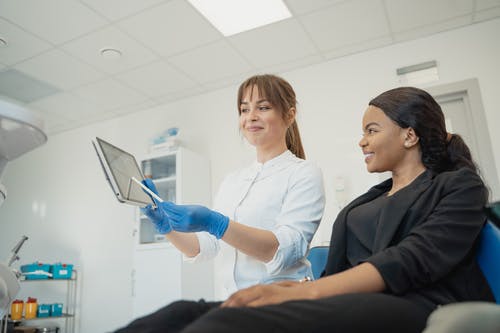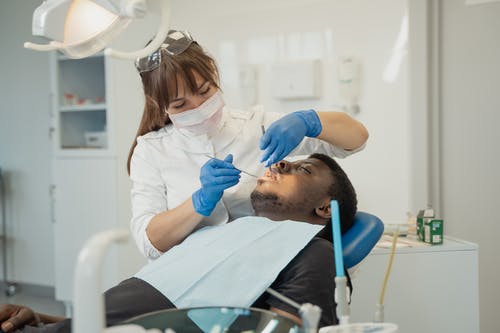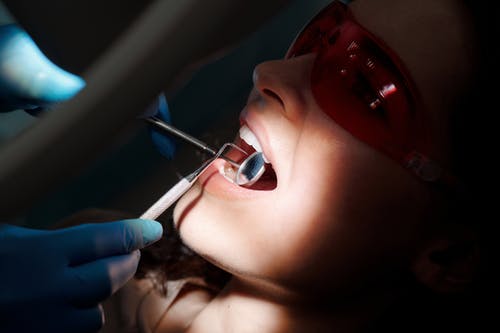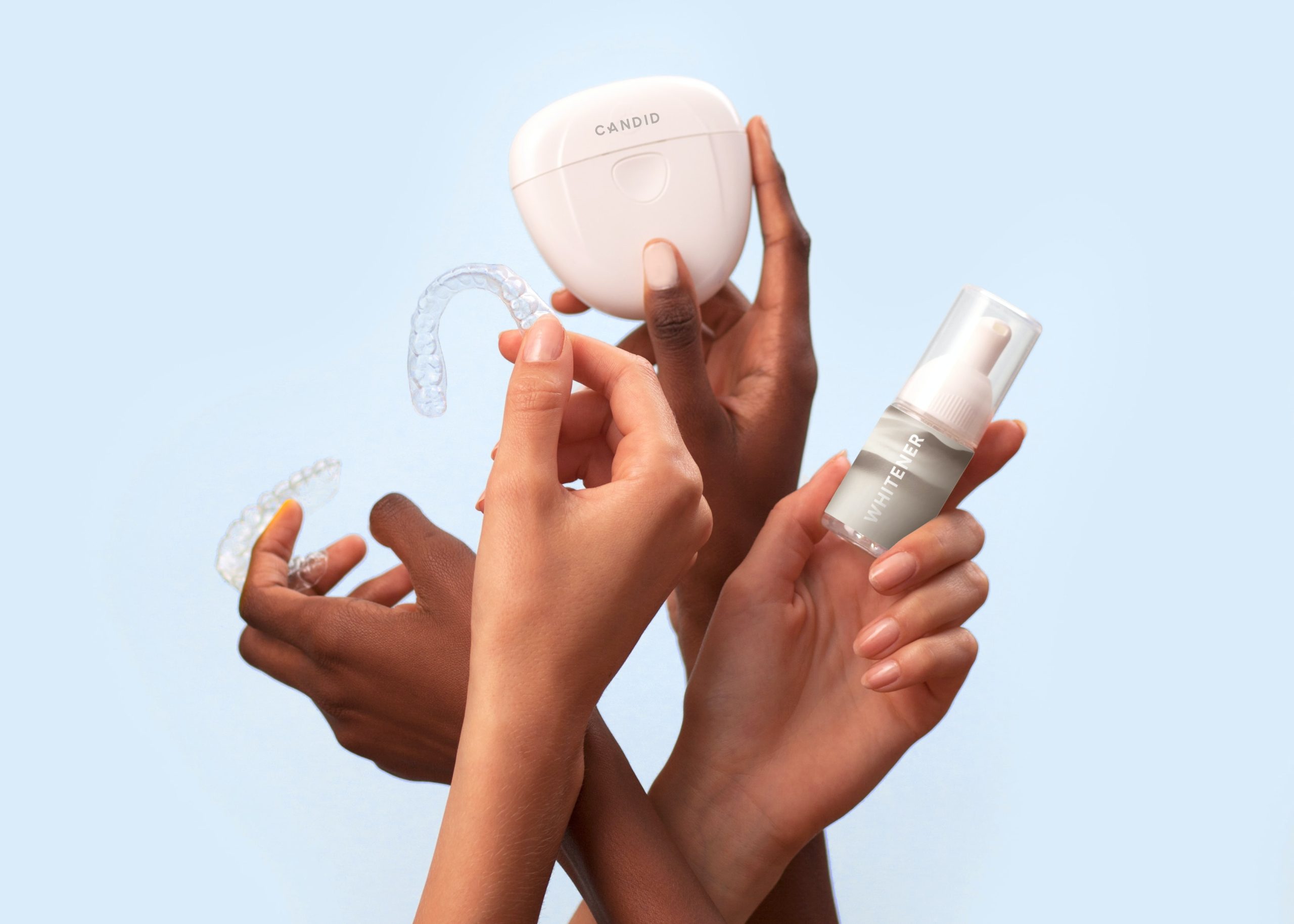Dental emergencies can be quite unpredictable, but knowing when to seek help is crucial to preserve your oral health. So, when should you contact an emergency dentist?
This article explores various dental issues that warrant immediate attention and how to deal with these situations. Proper knowledge and awareness about dental emergencies can make a difference in saving your teeth from severe damage.
What is a Dental Emergency?
Definition of a Dental Emergency
A dental emergency refers to any situation that causes severe pain, bleeding, or damage to your teeth, gums, or other parts of your mouth and requires urgent attention from a dental professional. Dental emergencies can occur due to accidents, infections, or even simple negligence in oral hygiene.
Causes and Examples of Dental Emergencies
Some common dental emergencies include:
- Swollen cheeks with jaw pain
- Cracked or broken tooth
- Unexplained severe dental pain
- Bleeding gums
- Soft tissue injury
- Unusual taste in your mouth
Swollen Cheeks with Jaw Pain
Causes of Swollen Cheeks and Jaw Pain
Swollen cheeks and jaw pain can be attributed to various dental issues, such as:
- Tooth abscess
- Pericoronitis
- Jaw cyst
Treatments for Swollen Cheeks and Jaw Pain
In cases like a tooth abscess or pericoronitis, it is essential to seek prompt treatment from an emergency dentist. Treatments may involve root canal procedures, tooth extractions, or antibiotics, depending on the situation. A dentist might recommend surgical removal and further examinations for jaw cysts to ensure the area is infection-free.
Cracked or Broken Tooth
Factors Influencing Treatment Methods
Treatment for a cracked or broken tooth largely depends on the tooth’s location and the damage’s severity. Seeking immediate dental care is critical in saving the damaged tooth.
Importance of Immediate Dental Care
If you have a cracked or broken tooth, visiting the nearest dental clinic as soon as possible is vital. Emergency dentists, such as those at PK Cosmetic and Family Dentistry, offer immediate assistance in situations like these, ensuring the best outcome for your dental health.
Steps to Follow if You Have a Cracked or Broken Tooth
If you are dealing with a cracked or broken tooth, follow these steps:
- Rinse your mouth with warm water to clean the area.
- Apply gentle pressure to stop any bleeding.
- Use a cold compress to minimize swelling in the affected area.
- Wrap any tooth fragments in clean, wet gauze, and bring them to your dentist.
Unexplained Severe Dental Pain
Causes of Severe Dental Pain
Severe dental pain can be caused by various factors, such as:
- Tooth decay
- Abscess or infection
- Fractured teeth
- Damaged fillings or dental work
Warning Signs that Indicate a Need for an Emergency Dentist
If you experience persistent, unmanageable pain that radiates to your neck, jaw, or ear, it might be time to seek help from an emergency dentist.
Possible Treatments from an Emergency Dentist
Emergency dentists will conduct a thorough dental exam to determine the cause of the pain. Depending on the diagnosis, treatment could include a root canal, tooth extraction, or dental repair.
Bleeding Gums
Gum Disease and Gingivitis
Bleeding gums are often a sign of gum disease or gingivitis. Neglecting dental hygiene can lead to these issues, causing red, swollen gums and bleeding during brushing or flossing.
Causes of Bleeding Gums
Some common causes of bleeding gums include:
- Poor oral hygiene
- Ill-fitting dental appliances
- Hormonal changes, like pregnancy
- Certain medications that cause gum sensitivity
Importance of Prompt Treatment
Timely treatment is crucial for bleeding gums, as untreated gum disease can lead to irreversible damage. Visiting a dental clinic is essential to receiving a proper diagnosis and treatment plan.
Dental Bonding and Porcelain Veneers
Dental Bonding
Long-lasting dental bonding is a versatile solution for various cosmetic dental issues, such as chipped, discolored, or misshapen teeth. The bonding material is applied directly to the tooth and sculpted to match the surrounding teeth, creating a natural appearance.
Porcelain Veneers
Porcelain veneers are another popular cosmetic dental treatment option. With veneers for teeth, a thin layer of porcelain is custom-made to cover the front surface of a tooth, improving its appearance and providing a durable, natural-looking smile.
Soft Tissue Injury
What to Do in Case of a Soft Tissue Injury
Soft tissue injuries may not always result in excessive bleeding, but if they do, it’s essential to seek help from a dentist. The bleeding should usually stop within a few minutes with proper care and precaution.
When to Seek Help from an Emergency Dentist
If the soft tissue injury is severe or persistent, consult an emergency dentist who can diagnose and treat the problem effectively.
Handling Severe Soft Tissue Injuries
In the case of severe soft tissue injuries, medical practitioners and oral surgeons in hospital emergency rooms will usually handle the situation and provide appropriate care.
Unusual Taste in Your Mouth
Causes of an Unusual Taste in the Mouth
Bad taste in the mouth can have various causes, such as:
- Poor oral hygiene and dental problems
- Dry mouth
- 3. Oral thrush
Tips to Prevent and Treat Strange Tastes in Your Mouth
To prevent and treat unusual taste sensations, practice good oral hygiene, address underlying dental issues, and maintain a healthy lifestyle. Consult a dentist to determine the best course of action for your specific situation.
When to Seek Help from an Emergency Dentist
Knowing when to contact an emergency dentist is essential for preserving oral health. If you experience any symptoms or situations discussed in this article, do not hesitate to seek urgent dental care. Acting quickly can help save your teeth and maintain your overall oral health.
The Takeaway
Being aware of dental emergencies and knowing when to seek professional help is crucial. Familiarize yourself with the signs and symptoms that warrant urgent dental care and take action when necessary to prevent long-term damage. Your dental health plays a significant role in your overall well-being, so never ignore or delay treatment for a dental emergency.





